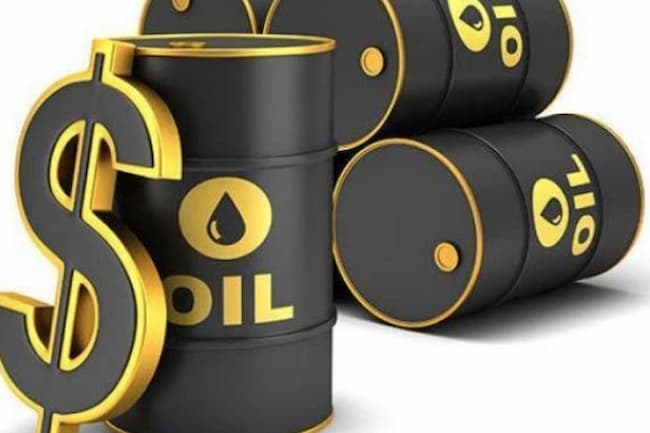High commodity prices and increasing oil and gas supply are set to push upstream sector payments to governments to an all-time high of $2.5 trillion this year.
The new figure smashes the previous record of $2.1 trillion set in 2011, a document by Rystad Energy research has shown.
Saudi Arabia is, unsurprisingly, set to top the table in terms of total cash flow to government from the sector this year, followed by the US and Iraq, with the top 10 list dominated by Middle Eastern producers.
Government take varies considerably between nations. However, Norway and Iraq see an average take per produced barrel of oil equivalent (boe) of around $100, while for the US and Canada, the figure is below $20 per box.
But despite the huge fortunes reaped by oil-producing nations of the world, Nigeria continues to borrow to fund its budget as it cannot currently meet its production quota, coupled with huge subsidy costs that are eating into its resources.
“The leap to a record high in revenues is driven by high oil and gas prices and lower costs. It looked like the era of trillion-dollar revenues might have been behind us a year ago.
“Today, it is clear that we are heading into a super cycle that will benefit petro states. These record revenues present an unparalleled opportunity to diversify economies,” said Espen Erlingsen, Head of Upstream Research at Rystad Energy
Saudi Arabia will be the largest beneficiary in absolute terms and is expected to receive just above $400 billion from its cornerstone industry this year, increasing by almost $250 billion from 2021.
When including royalties paid to private landowners, the US takes the second spot with around $250 billion paid to the government, an increase of $100 billion compared to 2021. Iraq follows with about $200 billion in total tax income, doubling its income compared to 2021.
Despite being only the tenth-largest oil and gas producer globally, Norway’s position is fourth, and the government will receive revenues of around $150 billion in total taxable income.
Due to European gas prices, low levels of cost, and large government ownership driving the achievement. But for, the Nigerian National Petroleum Company (NNPC) has been unable to pay a kobo into the federation account this year, despite skyrocketing oil prices.













